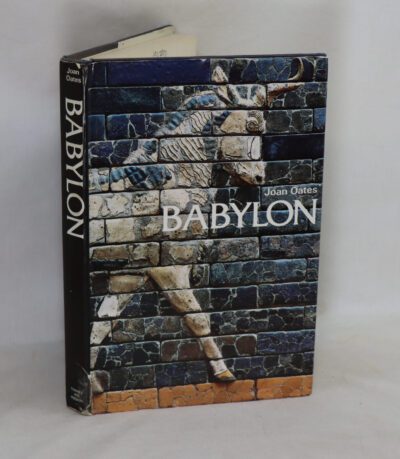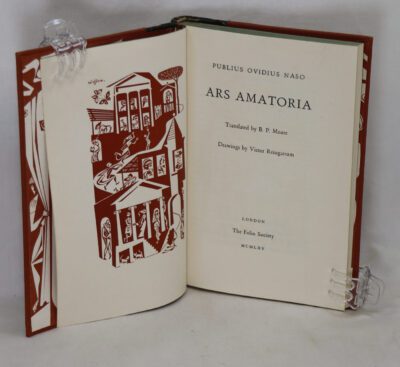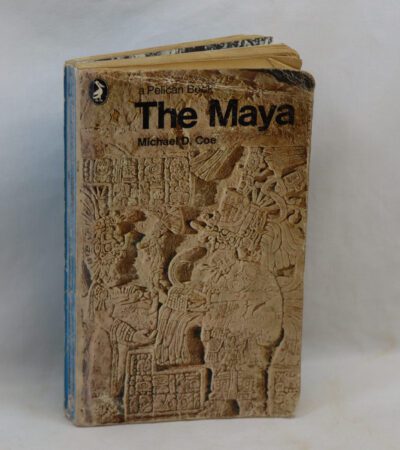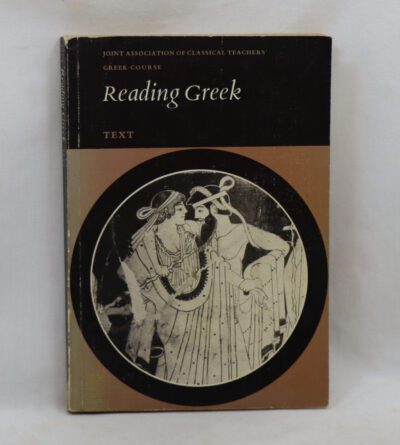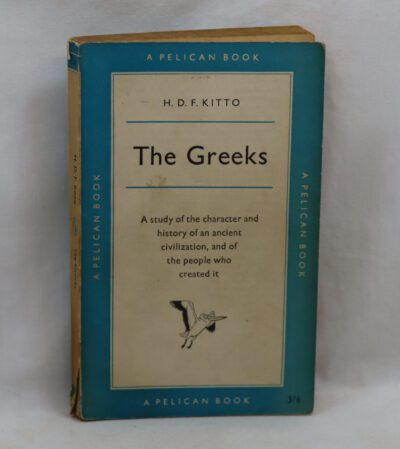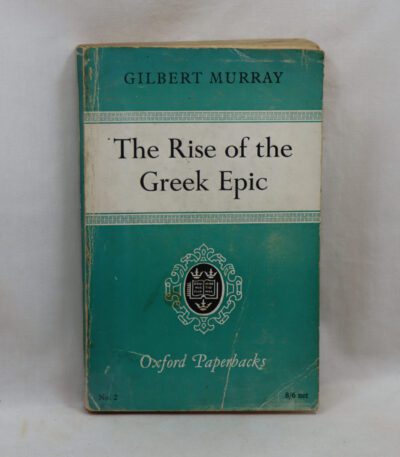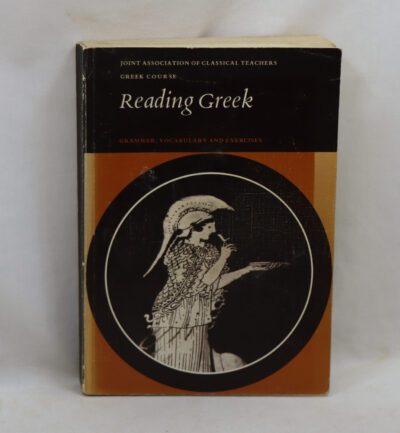Terence. Phormio.
By R H Martin
Printed: 1959
Publisher: Meuthen & Co. London
Edition: 1st edition
| Dimensions | 13 × 18 × 2 cm |
|---|---|
| Language |
Language: English
Size (cminches): 13 x 18 x 2
Condition: Very good (See explanation of ratings)
Your items
Item information
Description
Green cloth binding with black title on the spine and front board.
We provide an in-depth photographic presentation of this item to stimulate your feeling and touch. More traditional book descriptions are immediately available.
-
Note: This book carries a £5.00 discount to those that subscribe to the F.B.A. mailing list
A First edition of Terence’s “Phormio”, edited by R.H. Martin, published by Methuen & Co. in London in 1959. This edition is part of the “Methuen’s Classical Texts” series and serves as an introduction to Roman comedy, specifically for those starting their studies in Latin. As the photographs display, this is a very nice clean copy.
The lively action and well-constructed plot of the “Phormio” make it an ideal introduction to Terence and to the Roman comic genre. It well illustrates Terence’s subtle handling of plot and character – two fathers, two wayward sons in love, the latter abetted by the scheming slave and by the parasite who gives his name to the play.
Publius Terentius Afer (c. 195/185 – c. 159 BC), better known in English as Terence, was a playwright during the Roman Republic. He was the author of six comedies based on Greek originals by Menander or Apollodorus of Carystus. All six of Terence’s plays survive complete and were originally produced between 166–160 BC.
According to ancient authors, Terence was born in Carthage and was brought to Rome as a slave, where he gained an education and his freedom; around the age of 25, Terence is said to have made a voyage to the east in search of inspiration for his plays, where he died either of disease in Greece, or by shipwreck on the return voyage. However, Terence’s traditional biography is often thought to consist of speculation by ancient scholars who lived too long after Terence to have access to reliable facts about his life.
Terence’s plays quickly became standard school texts. He ultimately secured a place as one of the four authors taught to all grammar pupils in the Western Roman Empire, and retained a central place in the European school curriculum until the 19th Century, exercising a formative influence on authors such as William Shakespeare and Molière.
Want to know more about this item?

Related products
Share this Page with a friend





